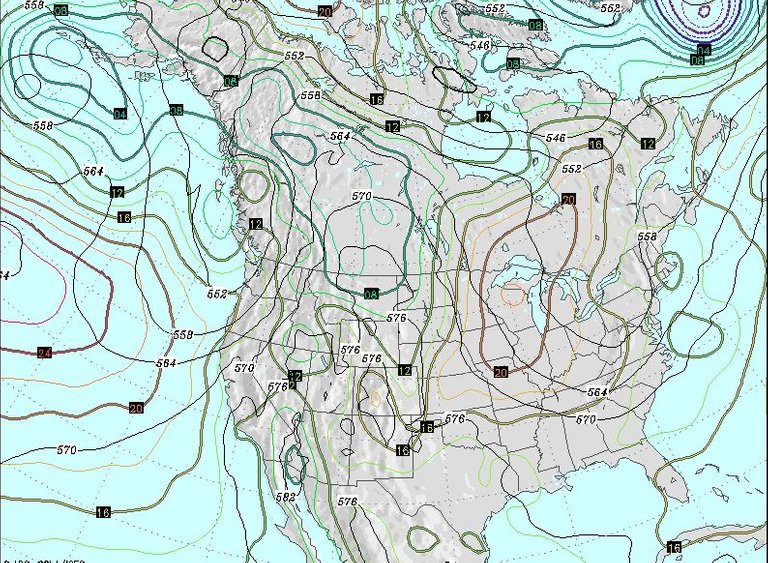The explosion never happens. The narrative does not reveal what stopped it. The protagonist himself doesn't know, but only speculates that a crew member happened upon the open valves and closed them in time.
Todd Mavette isn't sure that the novel's ending makes good theatre. He's not sure why Todd Andrews didn't go through with his suicide, and so he's not sure that there's the character transformation, the redemption he's learned great drama must deliver.
Reviewing his insurance policy, Todd (a lawyer, after all) discovers two things. First, it will indeed pay the death benefit if suicide is the cause of death. Second, there's an accidental death rider that doubles the payout. Should Todd design a suicide that looks like an accident? His beneficiary would get twice as much money.
This discovery opens the door to a world of questions about how Todd's death will shape the world after he's gone. The accidental death clause in his life insurance policy begins to influence Todd's deliberations.
So do Todd's changing perceptions of the people close to him. The notion of making his death an instrument of justice - retribution and reward - grows and becomes central to his planning.
A series of interactions with Jane, Dan, his father and Francesca shape Todd's thinking about the consequences he wants his death to have for each of them. About his life-after-death, so to speak. As an attorney, he well understands that the deceased continue to direct and constrain the actions and experience of the living. It occurs to Todd that there are actually three ways his death can be construed: accident, suicide… and murder.
Next, In Act Six : Todd's production of The Floating Opera takes a strange turn, Francesca's threats darken, the suicide option is elaborated. Jane is up to something, but what?
